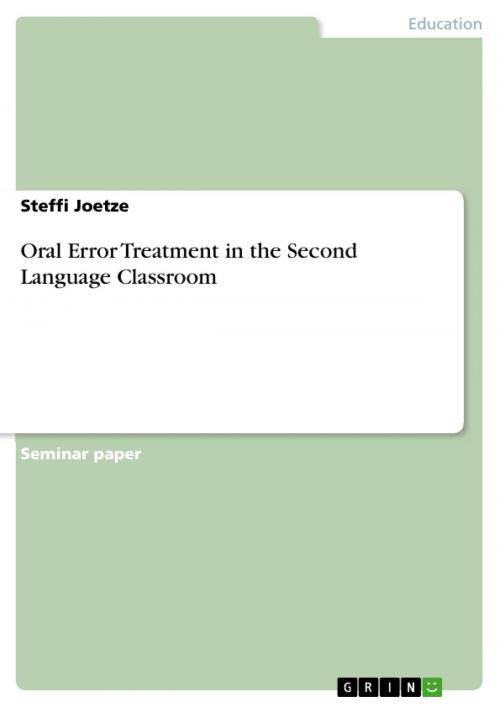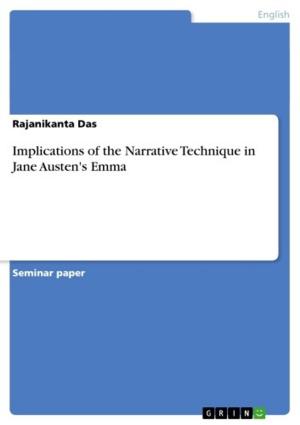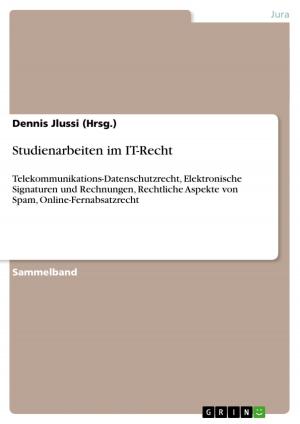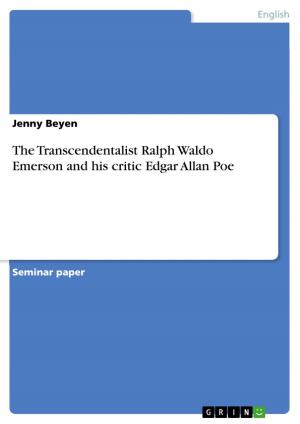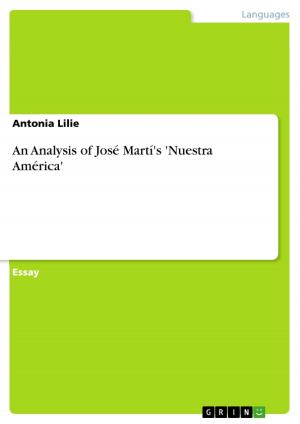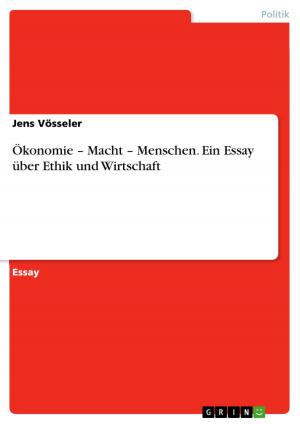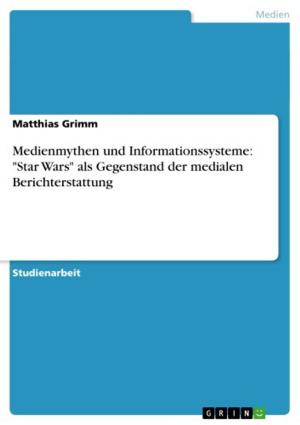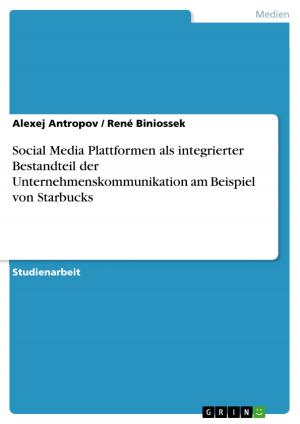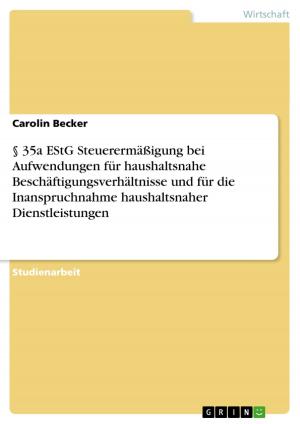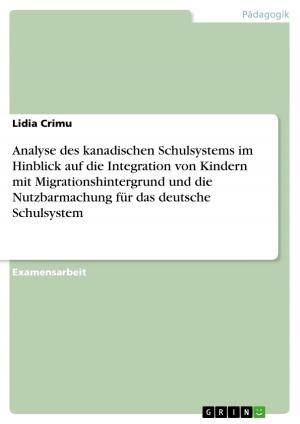Oral Error Treatment in the Second Language Classroom
Nonfiction, Reference & Language, Study Aids, ESL, Foreign Languages| Author: | Steffi Joetze | ISBN: | 9783640944545 |
| Publisher: | GRIN Verlag | Publication: | June 27, 2011 |
| Imprint: | GRIN Verlag | Language: | English |
| Author: | Steffi Joetze |
| ISBN: | 9783640944545 |
| Publisher: | GRIN Verlag |
| Publication: | June 27, 2011 |
| Imprint: | GRIN Verlag |
| Language: | English |
Seminar paper from the year 2007 in the subject English - Pedagogy, Didactics, Literature Studies, grade: 1,3, University of Cologne, language: English, abstract: 'Should learner errors be corrected? If so, when should learner errors be corrected? Which learner errors should be corrected? Who should correct learner errors? And how should learner errors be corrected?' (Hendrickson 1978, p. 389). This series of questions, raised by Hendrickson, frame the diverse decisions a teacher has to make within only few seconds in his/her daily teaching according to a learner's error. To explore special parts of this extensive topic more precisely and to find out what role teacher and learner play exactly in the treatment of oral errors should be the aim of the following investigation. First of all the theoretical concept of error and correction itself will be dealt with to make clear from which perspective the subject of oral error treatment in the L2 classroom will be considered. Then the paper will have a practical orientation to the L2 classroom: in this connection the focus will lie on answering one of the questions raised above namely 'Should learner errors be corrected?'. With reference to this we try to find out on which factors the decision of correcting/not correcting students' errors depends. Answering the question how learners' errors should be corrected represents such a complex issue that it would be impossible to get a complete look at it in this research. Therefore recasts and elicitations, as special kinds of corrective feedback used in L2 classrooms, are considered in detail to get a deeper impact of possible ways students' errors are treated in oral work. Simultaneously it should be found out if recasts/elicitations are effective examples of oral error treatment and whether there are differences in terms of the effectiveness according to the type of error that is made.
Seminar paper from the year 2007 in the subject English - Pedagogy, Didactics, Literature Studies, grade: 1,3, University of Cologne, language: English, abstract: 'Should learner errors be corrected? If so, when should learner errors be corrected? Which learner errors should be corrected? Who should correct learner errors? And how should learner errors be corrected?' (Hendrickson 1978, p. 389). This series of questions, raised by Hendrickson, frame the diverse decisions a teacher has to make within only few seconds in his/her daily teaching according to a learner's error. To explore special parts of this extensive topic more precisely and to find out what role teacher and learner play exactly in the treatment of oral errors should be the aim of the following investigation. First of all the theoretical concept of error and correction itself will be dealt with to make clear from which perspective the subject of oral error treatment in the L2 classroom will be considered. Then the paper will have a practical orientation to the L2 classroom: in this connection the focus will lie on answering one of the questions raised above namely 'Should learner errors be corrected?'. With reference to this we try to find out on which factors the decision of correcting/not correcting students' errors depends. Answering the question how learners' errors should be corrected represents such a complex issue that it would be impossible to get a complete look at it in this research. Therefore recasts and elicitations, as special kinds of corrective feedback used in L2 classrooms, are considered in detail to get a deeper impact of possible ways students' errors are treated in oral work. Simultaneously it should be found out if recasts/elicitations are effective examples of oral error treatment and whether there are differences in terms of the effectiveness according to the type of error that is made.
